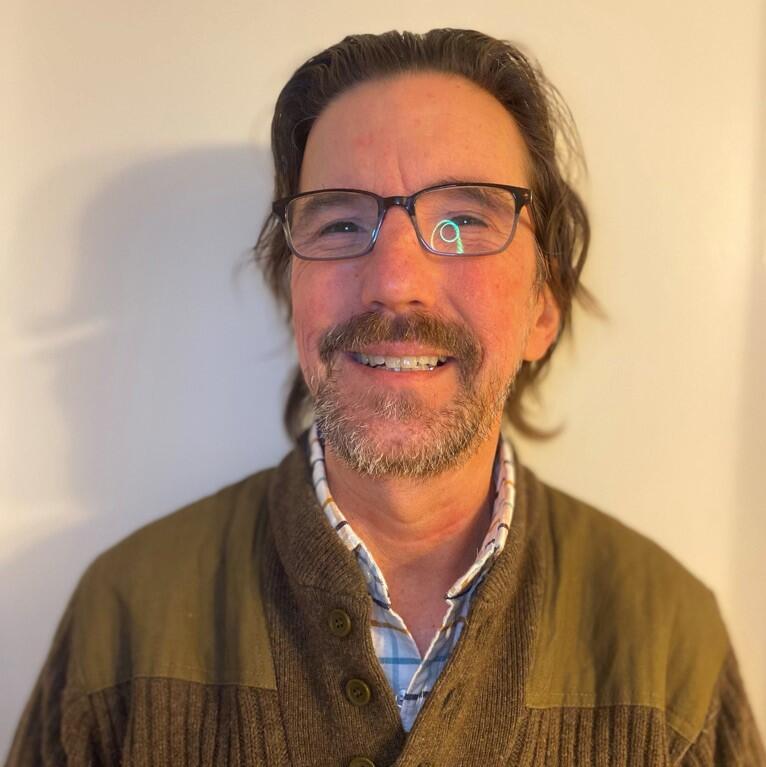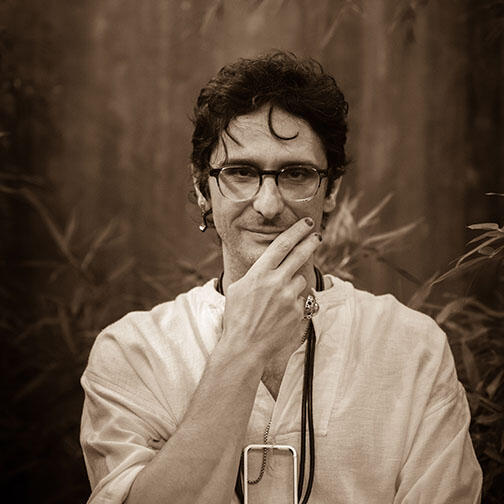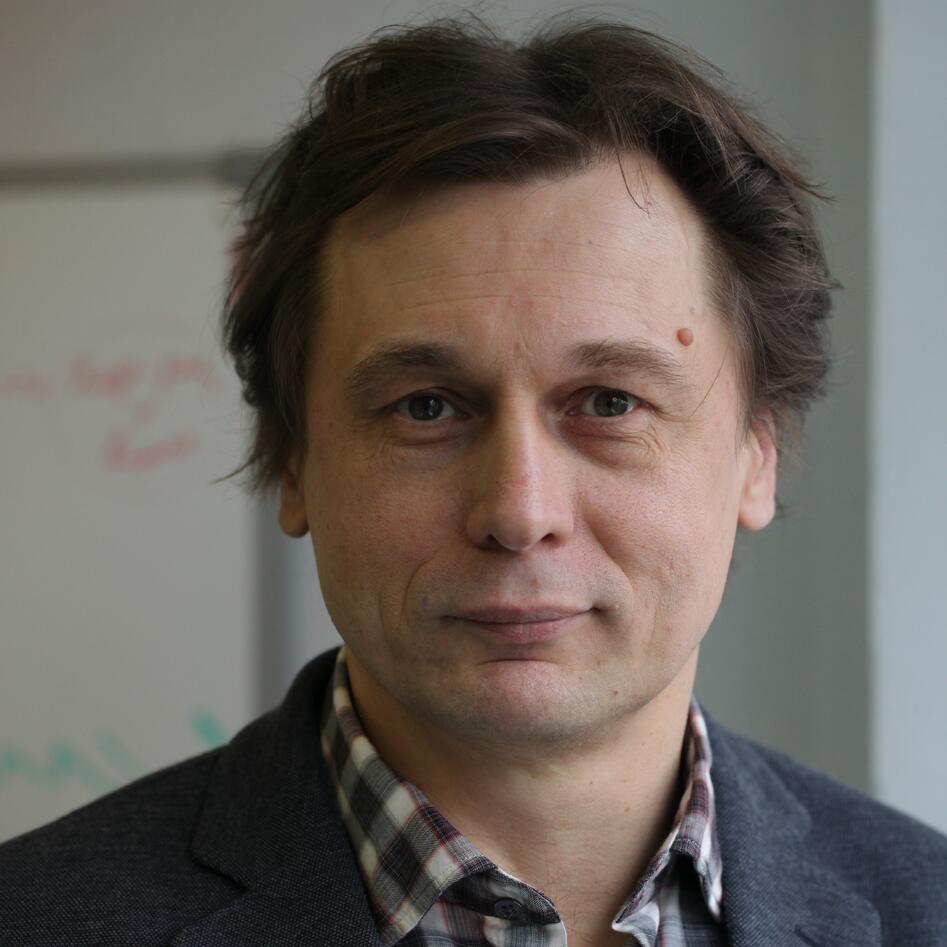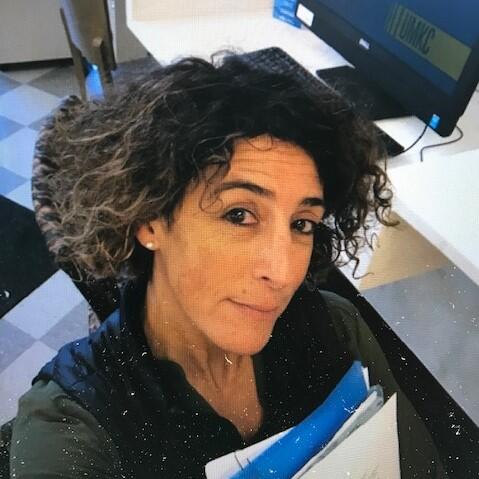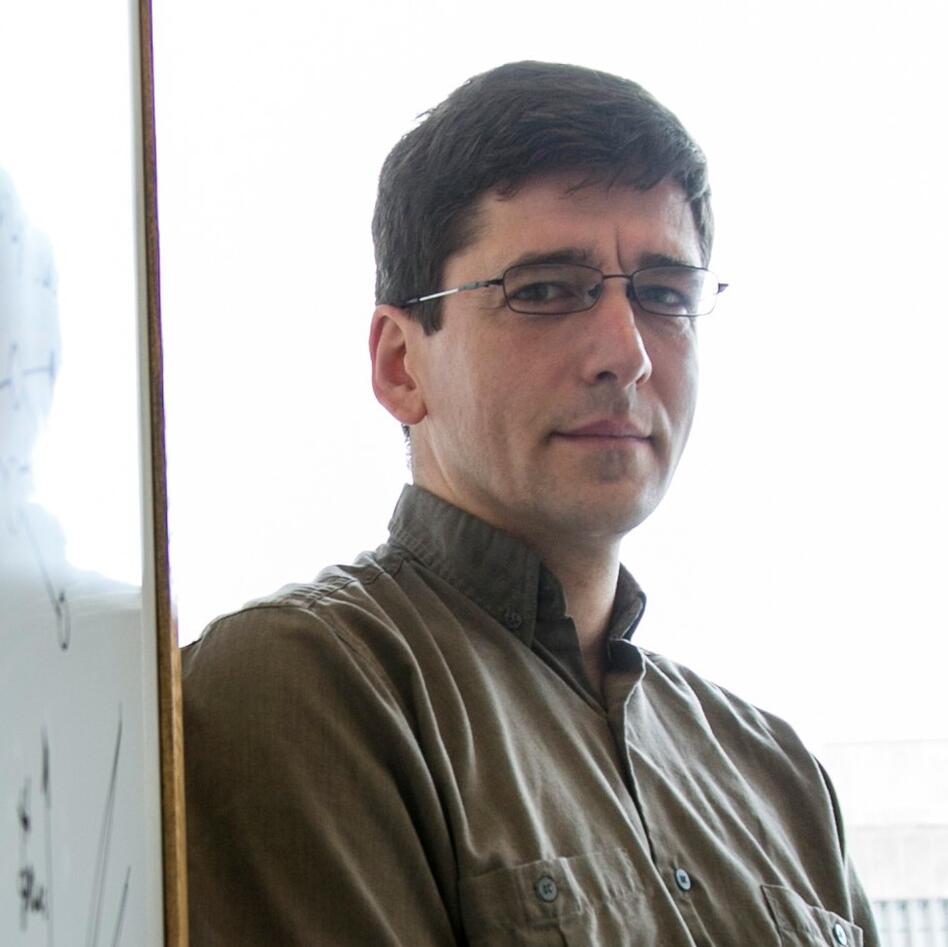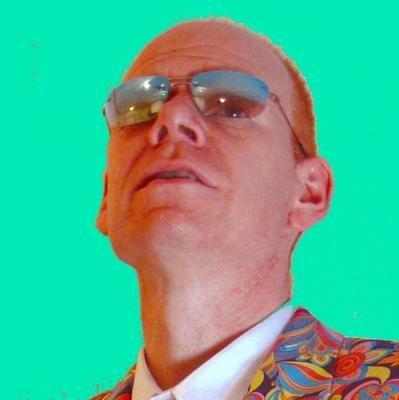Advisory Board
"Human Futures: A Study of Technoscientific Immortality" has an interdisciplinary advisory board to create a space for extending the conversation beyond anthropology. Read more about the board members here.
Hovedinnhold
Jon Bialecki
Jon Bialecki (JD 1997, Ph.D. 2009) is a continuing lecturer in the UCSD department of anthropology; he has previously taught at Reed College and the University of Edinburgh. His first monograph, A Diagram for Fire: Miracles and Variation in an American Charismatic Movement (UC Press), is a study of the miraculous and differentiation in American religion, with a focus on ethics, politics, language, and economic practices; it was awarded the 2017 Sharon Stephens Prize by the American Ethnological Society and Honorable Mention in the 2018 Clifford Geertz Prize by the Society for the Anthropology of Religion. A second book, Machines for Making Gods: Mormonism, Transhumanism, Speculative Thought, and Worlds Without End, addresses the Mormon Transhumanist Association; it will be published in late 2021 by Fordham University Press.
Abou Farman
An anthropologist, writer and artist, Abou Farman is author of the books On Not Dying: Secular Immortality in the Age of Technoscience (2020, Minneapolis: Univ. Minn. Press) and Clerks of the Passage (2012, Montreal: Linda Leith Press). He is Assistant Professor of Anthropology at The New School for Social Research and founder of Art Space Sanctuary as well as the Shipibo Conibo Center of NY. As part of the artist duo caraballo-farman, he has exhibited internationally, including at the Tate Modern, UK, and PS1/MOMA, NY, and received several grants and awards, including NYFA and Guggenheim Fellowships. He is producer and co-writer on several feature films most recently Icaros: A Vision.
Vadim Gladyshev, PhD
Dr. Vadim Gladyshev is a Professor of Medicine at Brigham and Women’s Hospital, Harvard Medical School, Boston, USA. He seeks to understand the nature of aging and define principles of lifespan control. Dr. Gladyshev's lab applies molecular, high-throughput and computational approaches and uses animal models and human subjects to achieve a systems level understanding of the aging process and develop interventions that extend lifespan. He also actively works on rejuvenation. Dr. Gladyshev is the recipient of the National Institutes of Health Director’s Pioneer, Transformative and Eureka awards to study aging. He has published approximately 400 articles and is recognized as a highly cited researcher according Google Scholar. He received his B.S./M.S. (hons) and PhD degrees from Moscow State University, followed by postdoc training at the National Institutes of Health. He had a first faculty position at University of Nebraska before moving to Brigham and Women’s Hospital, Harvard Medical School.
Jennifer M. Huberman
Jenny Huberman teaches anthropology at the University of Missouri-Kansas City. She is the author of Ambivalent Encounters: Childhood, Tourism, and Social Change in Banaras, India (Rutgers University Press 2012) and Transhumanism: From Ancestors to Avatars (Cambridge University Press 2021). Currently, she is working on a new book entitled, The Spirit of Digital Capitalism. This book explores how digital technologies are giving rise to new forms of capital accumulation, domination, and ideological justification.
Leon Peshkin
Leon Peshkin is a scientist working at the Systems Biology Department, Harvard Medical School and Marine Biology Lab, University of Chicago. Peshkin's research interests are embryology and evolution, more specifically in how these fields of study inform our understanding of the biology of aging. Peshkin has B.Sc. in Applied Mathematics from Moscow Technological University and M.Sc. from the Weizmann Institute of Science in 1995 advised by Shimon Ullman. He moved to the US in 1995 to study Computer Science and at the Brown University then followed his advisor Leslie Kaelbling to MIT Artificial Intelligence laboratory where in 2002 he defended his Ph.D. dissertation “Reinforcement Learning via Policy Search”. His current work focuses on "germ line reset" phenomena, i.e. rejuvenation in the embryo, and developing a scalable platform for testing pharmacological interventions of aging in model organisms such as frogs and crustaceans.
Roger Strand
Roger strand is a professor of theory of science at Centre for the Study of the Sciences and the Humanities (SVT) at the University of Bergen. His research includes topics such as the philosophy of natural, medical and environmental science, the uncertainty and complexity in the science-society interface, and ethical and social aspects of emerging science and technology.
